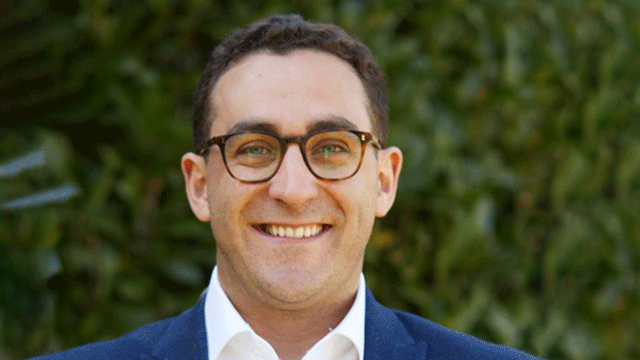COMMENT More and more sustainability reporting frameworks regarding real estate have taken shape in the past few years, but most still focus heavily on environmental aspects.
This is only natural: environmental sustainability is easier to standardise, articulate and measure than social aspects, which are often subjective and include topics such as wellbeing, safety and social connections.
A few benchmarks have made strides into particular social sustainability aspects, often focusing on due diligence topics such as gender and executive pay gaps, rather than providing an integrated and cohesive framework.
Common language
A recent industry development seeks to address this imbalance. The Taskforce on Inequality and Social-related Financial Disclosures, launched in September last year, aims to “integrate people and society into decision-making, alongside climate and nature”.
It strives to bring clarity and a common language to social sustainability reporting, setting out what the industry means by the topic. It will provide recommendations and guidance on how to report on social impacts, dependencies, risks and opportunities, while informing other sustainability standards and approaches.
The task force will operate for two years, involving a wide range of stakeholders. It already boasts more than 4,900 supporters. A beta version of the disclosure framework is expected later this year, structured similarly to Taskforce on Climate-related Financial Disclosures and the Taskforce on Nature-related Financial Disclosures, while the first public version of the framework is anticipated at the end of 2026.
The task force acknowledges that “extreme levels of inequality erode social cohesion, inhibit the formation of human capital and threaten financial stability”.
What does this mean for the real estate sector? For asset managers and institutional investors, frameworks such as TISFD could prove invaluable for aligning sustainability goals with a broader societal impact. Adopting the framework early might not only position organisations ahead of potential legal requirements, but also equip them with tools to assess and address social aspects in real estate projects, fostering a more positive social impact.
Beyond box-ticking
TCFD and TNFD provide a glimpse into what we can expect from TISFD. Both frameworks have recommended disclosures structured across four pillars: governance, strategy, risks and impact management, and metrics and targets. It’s likely that TISFD will align with these pillars in the following ways:
- Governance: The role of the board in overseeing, and the role of management in assessing IDROs;
- Strategy: Identification of IDROs, their effects on the organisation’s business approach and its resilience to risks and opportunities;
- Risks and impact management: The processes for identifying, assessing and managing IDROs. How processes are integrated into and inform the organisation’s overall risk management processes;
- Metrics and targets: Disclosing the metrics used to assess IDROs, as well as describing the targets and goals used to manage the business performance against these targets.
By improving reporting on social sustainability topics, the task force challenges organisations to go beyond box-ticking, encouraging action to manage positive and negative impacts, dependencies, risks and opportunities that affect workers, communities, consumers and end users.
Take, for example, how property managers can assess the risks faced by a building’s workers, visitors and the affected community to implement mitigation measures and opportunities to support all stakeholders. These can include creating better working conditions for employees, selecting service providers and suppliers that have robust protections for workers in place, making places accessible to all and engaging with neighbours to create long lasting connections.
It’s a challenge, but one the real estate industry has needed for some time. As the sector continues to evolve, we have the chance to align our goals not just with financial outcomes, but also with meaningful societal progress.
Mariana Goncalves is principal sustainability consultant at Savills











